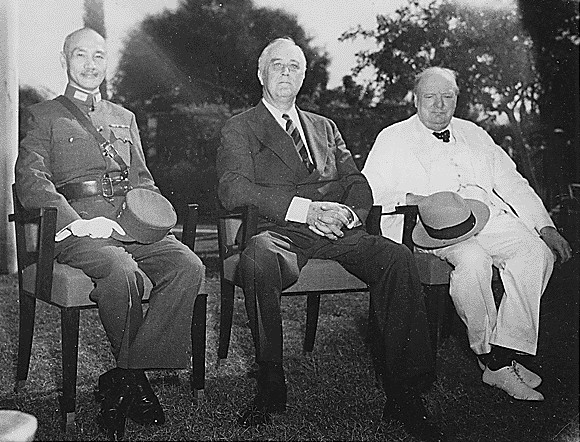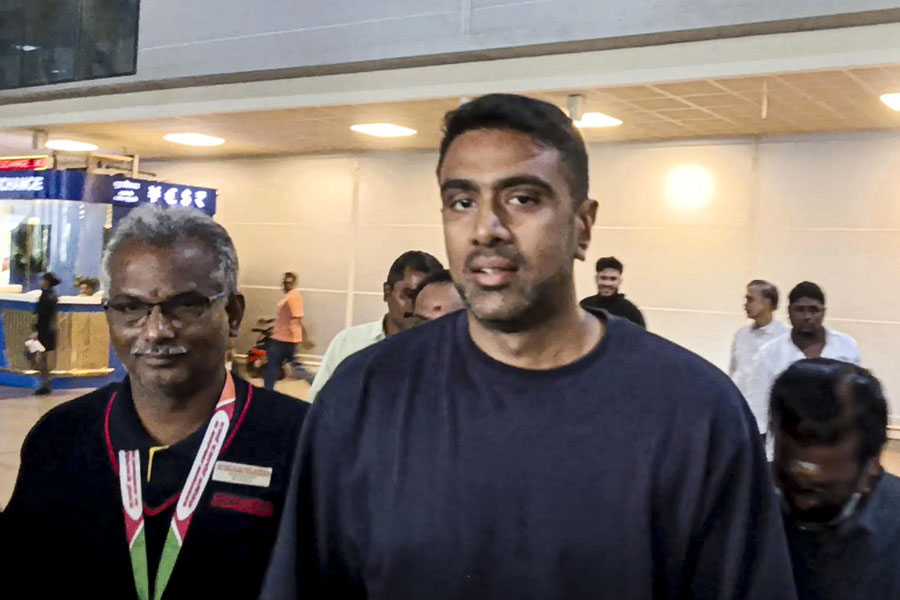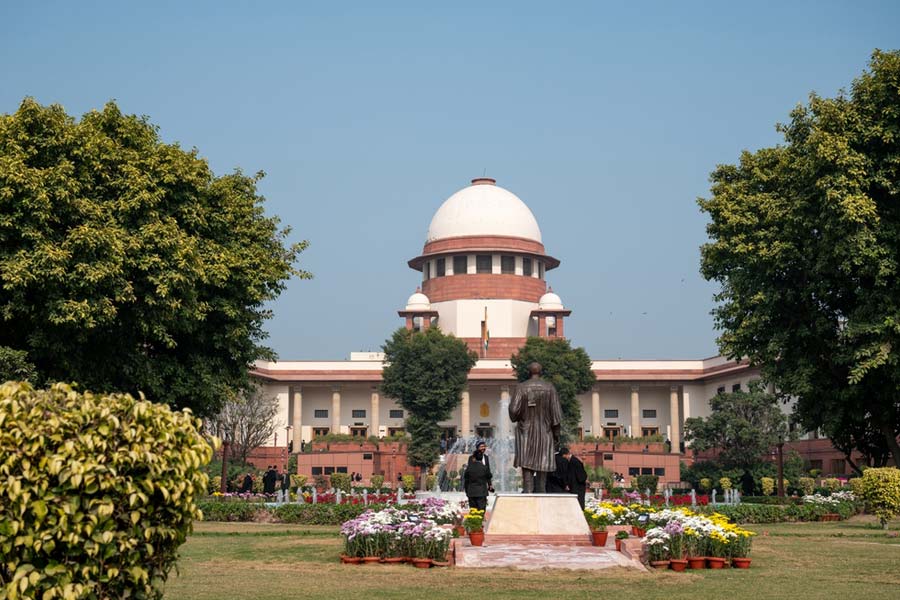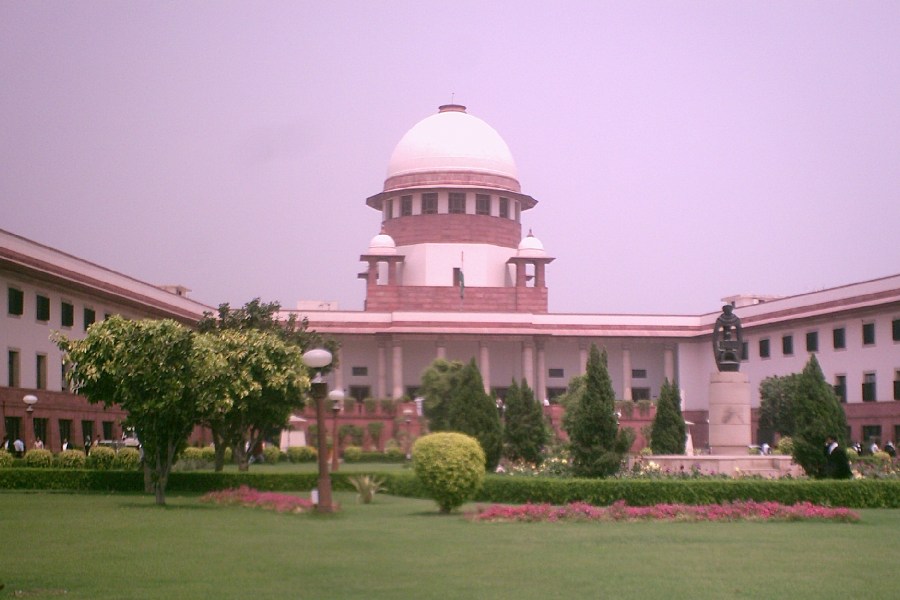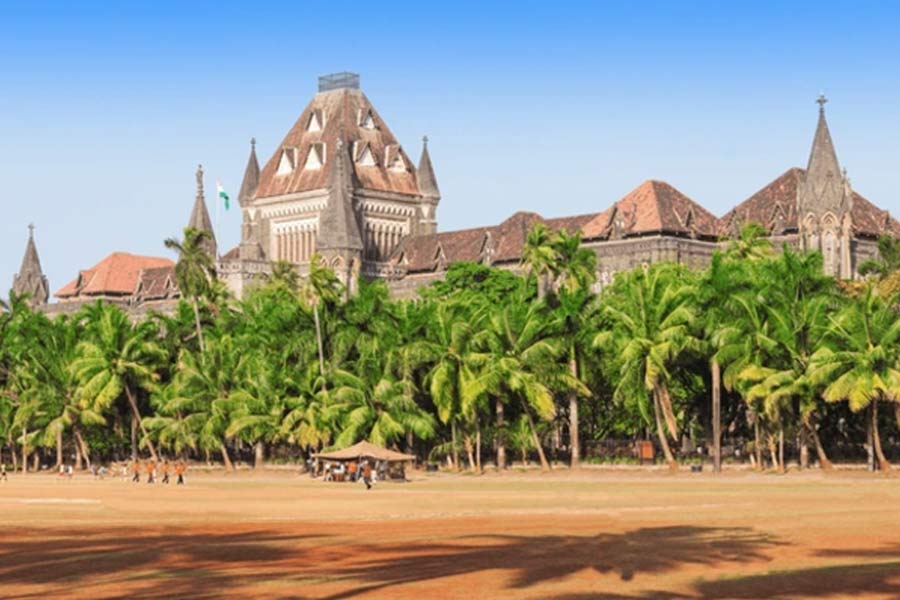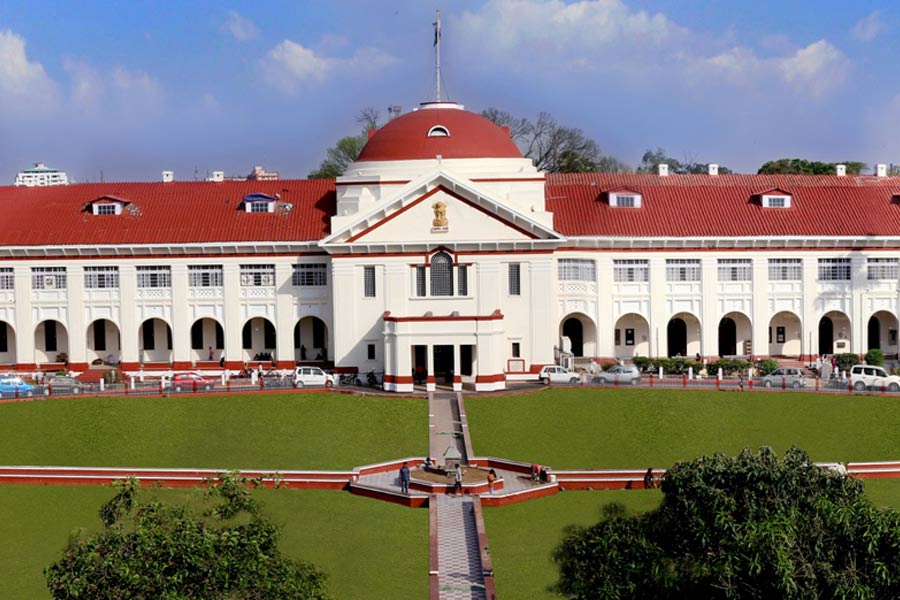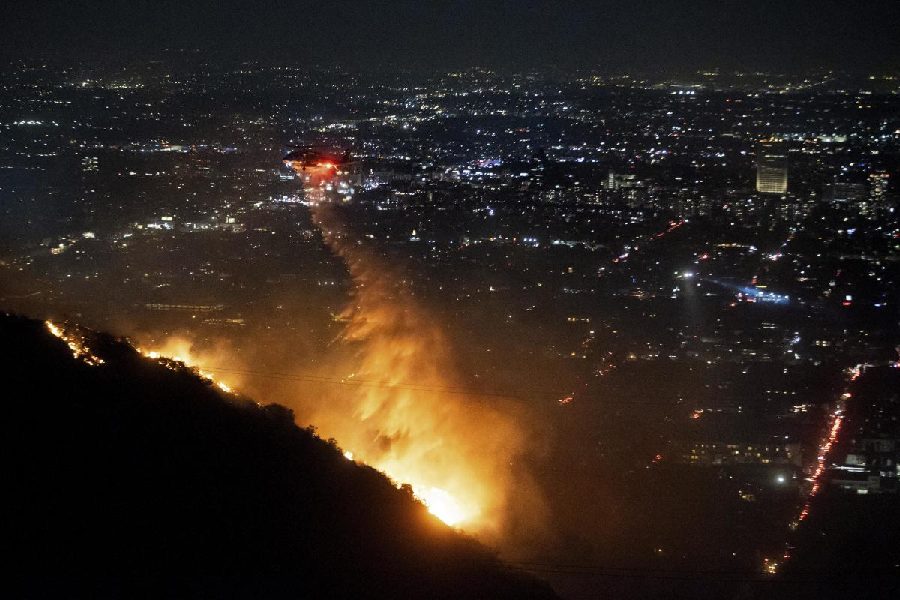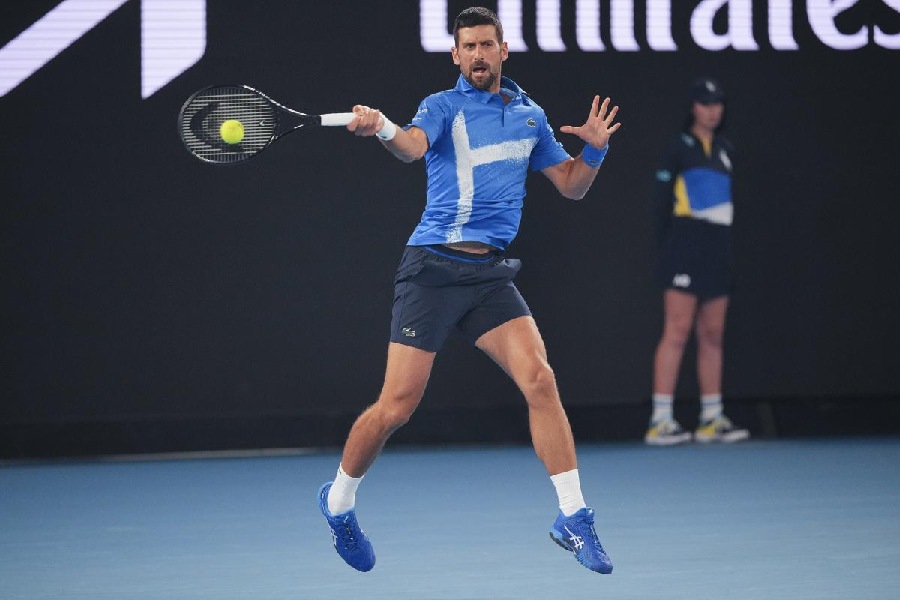The key nations in this text are America, China and, to an extent, India. The events involving the US and China go back to the Pacific theatre during World War II. America got actively involved in the war, along with UK and the Soviet Union, after the Japanese attack on Pearl Harbor.
The war in the Pacific theatre against the Japanese was fought and won by the American and the British forces. At the time, Gen Chiang Kai-shek was the leader of China and a very close American ally. The Chinese were already fighting a long-drawn and grim battle against the occupying Japanese and were also already facing the menacing and long shadow of the advancing Communists under the leadership of Mao Zedong. All the resources at the disposal of Gen Chiang Kai-shek were tied down in the defence of the mainland. There are no records of the Chinese joining the allied forces in the Pacific theatre.
General and Madam Chiang Kai-shek were close friends of President Roosevelt and also well-known and popular in America. During World War II, President Roosevelt was rumoured to have raised China’s status to that of an ally, which was subsequently reaffirmed by Harry Truman. However, there are no records regarding the views of Russian leader Josef Stalin and Britain’s Winston Churchill regarding this American decision. After the end of the war, China as an ally was automatically entitled to a permanent seat on the United Nations Security Council.
In 1949, Communist cadres on the Long March defeated Chiang Kai-shek’s forces and drove him into exile. Mao Zedong became the supreme leader of the world’s most populous nation.
In 1947, the British departed from India. Pakistan was born as a new nation and most of the sub-continent’s princely states merged with India. The border between India and Tibet had also been demarcated by the British, who recognised Tibet as an independent nation. Not long thereafter the PLA forcefully occupied Tibet, the Dalai Lama and many Tibetans fled into India and were given refuge.
The two most powerful leaders of Communist China, Chairman Mao and Prime Minister Zhao Enlai, were driven by their policy to keep pushing China’s borders and progressively occupy land belonging to neighbouring nations. The Chinese believed these borders had been forced on them by imperial powers and that foreigners had taken advantage of the country when it was weak. In their view they were righting a historical wrong. In 1962, China plotted and waged war against India. A few years later, China attacked the border of their biggest benefactor and supporter, the then Soviet Union. China’s aggression in its neighbourhood may have been to divert the attention of the Chinese population, which was facing a severe drought and also famine. In 1966, Mao launched his Cultural Revolution.
Mao Zedong was succeeded by Hua Guofeng but eventually Deng Xiaoping became the leader calling the shots. America had been keeping a close watch on China ever since the Communists came to power. In 1971, Secretary of State Henry Kissinger convinced President Nixon that China was not only an enormous and potential economic treasure trove, but in due course, would be inclined to embrace democracy! A clandestine trip to China by Kissinger in 1971was facilitated by Pakistan, a member of SEATO (the Southeast Asia Treaty Organization) and one of America’s major client states. A second and more compelling argument advanced by Kissinger was that bringing China into the equation would provide a balance in international relations with the two Communist giants providing a counterweight to each other. The rest is history.
Over time, the Chinese market grew dramatically, attracted huge foreign investments and kept enlarging trade with America and Europe. Even the Tiananmen Square uprising and bloodshed did not interfere with the growth of China’s trade and commerce with the West. Though it looked unlikely that China would ever embrace democracy or respect human rights, that did not interfere with the OECDs commercial relations with China.
Many American Presidents are said to have had reservations about China. But they had other worries. President Ronald Reagan was committed to first dealing with the growing nuclear threat from the Soviet Union. During his term, Reagan and the Soviets signed the Strategic Arms Limitation Treaty. He had also famously cautioned: “Trust But Verify”. Nevertheless, though all the presidents were increasingly aware of the threat which China posed as a powerful nuclear and economic power, they had more immediate threats to deal with. The US and indeed the rest of the world were for a time preoccupied with the end of the Soviet Union and also Yugoslavia. Then they had to contain the spread of Islamic terrorism and the failure of the Arab Spring.
US Secretary of State Mike Pompeo recently quoted former President Richard Nixon who feared his move to open China to the world might create a monster. “President Nixon once said he feared he had created a ‘Frankenstein’ by opening the world to the CCP,” said Pompeo, adding sharply: “And here we are.”
The appointment of Xi Jinping as the lifetime President of China and Donald Trump becoming the US President have brought to the surface China’s unambiguous global ambitions and intentions and the huge threat that it poses. President Trump has openly mounted serious trade and technology confrontations with the Middle Kingdom. China’s unprovoked aggression along its border with India may possibly be a part of a larger diversionary strategy triggered by domestic problems.
Henry Kissinger still remains alert and active in America. He has argued in his book, On China, that it is “essential to global stability and peace” that both countries maintain a cooperative relationship. Did he have a premonition when he wrote that about the current chain of unsettled events?

